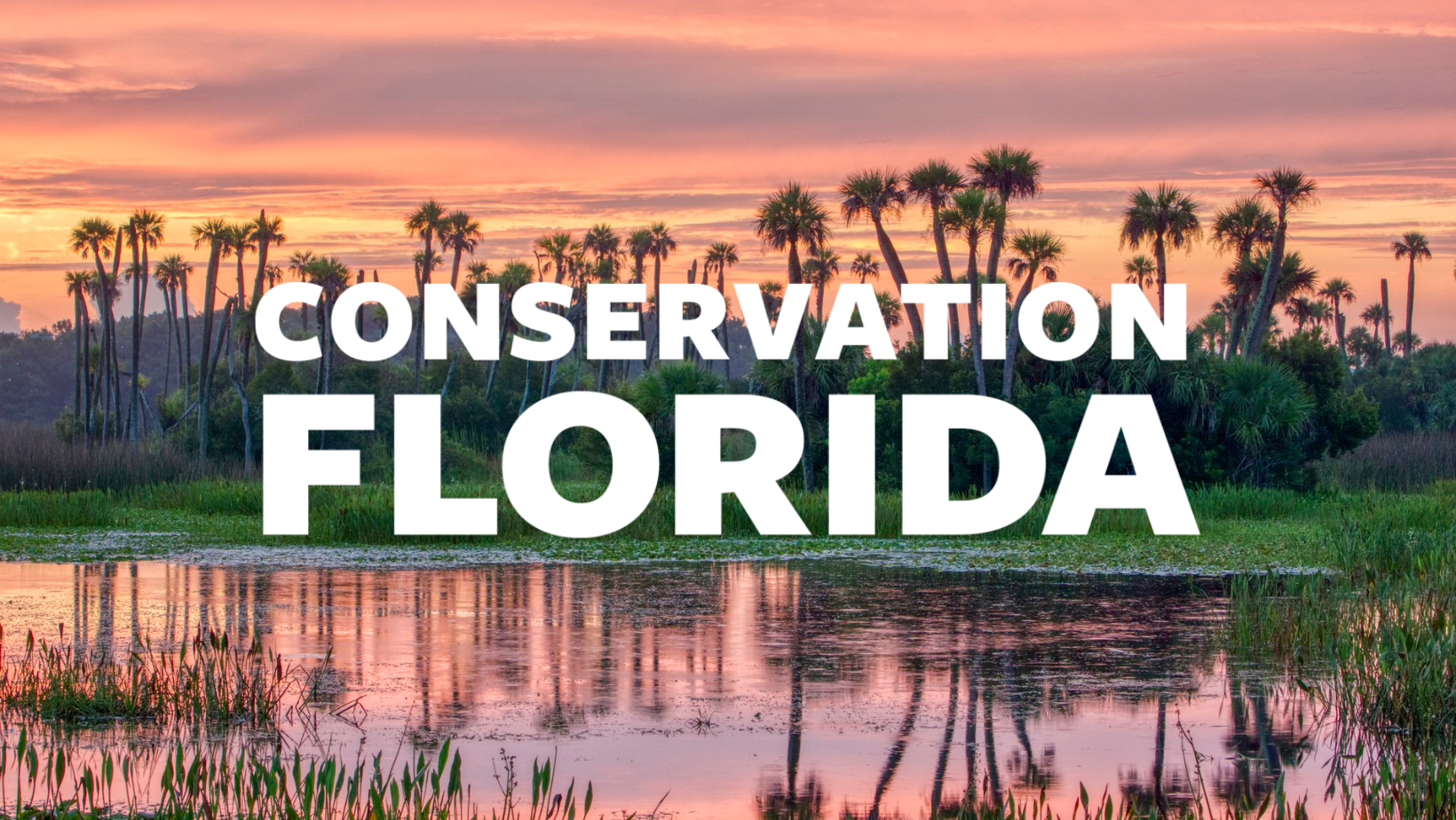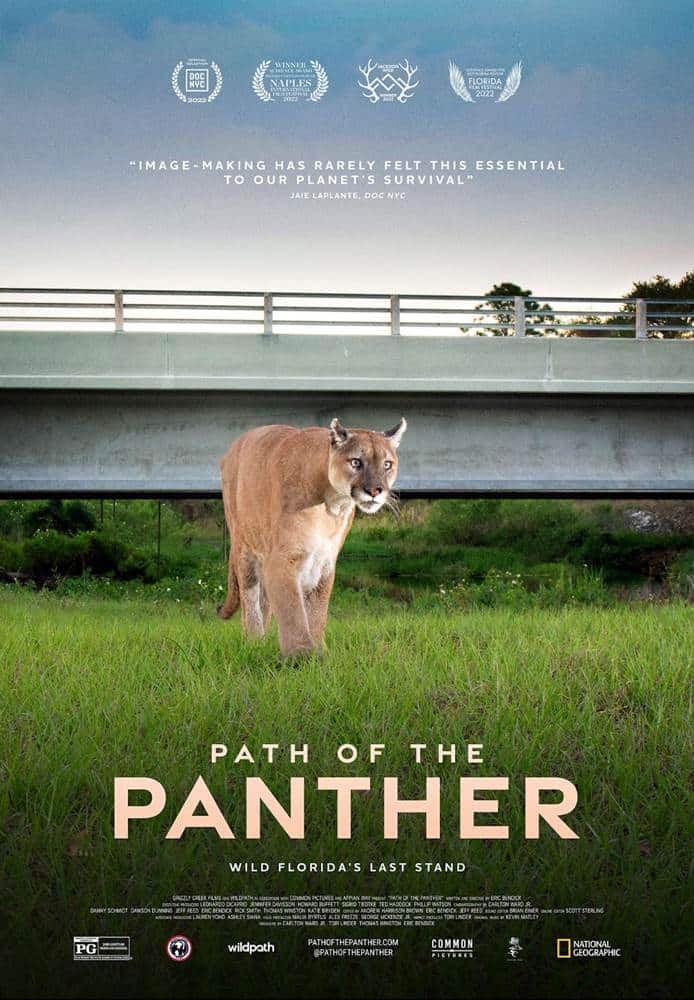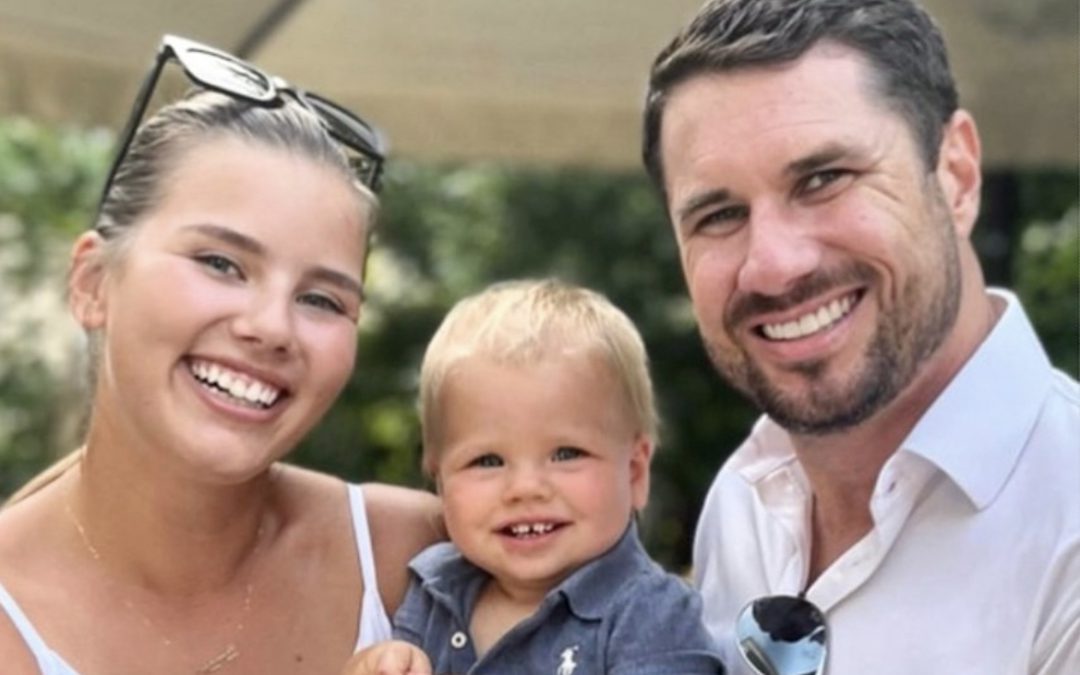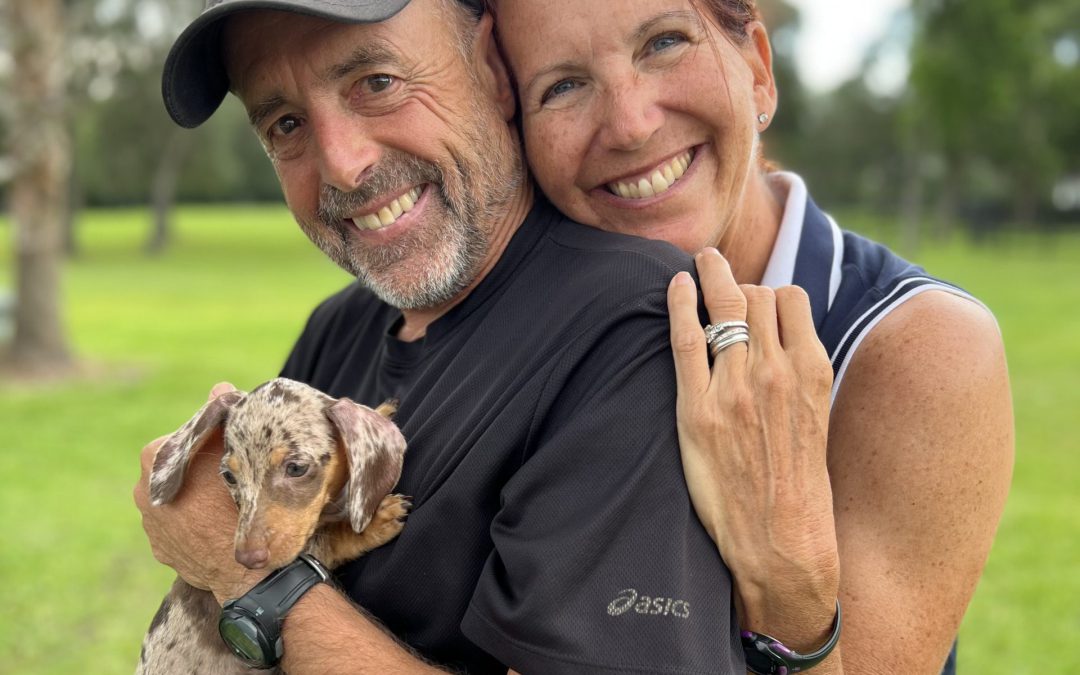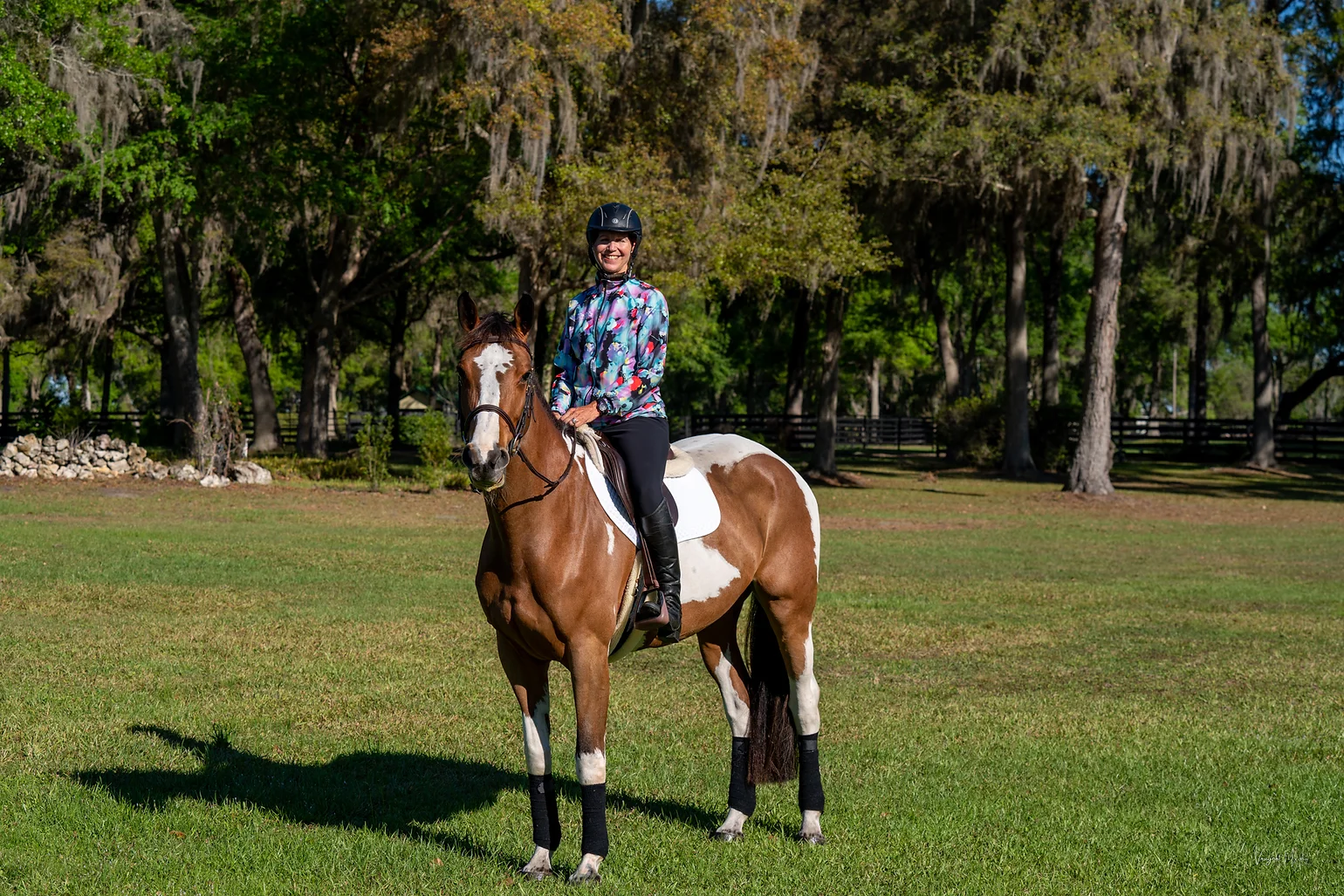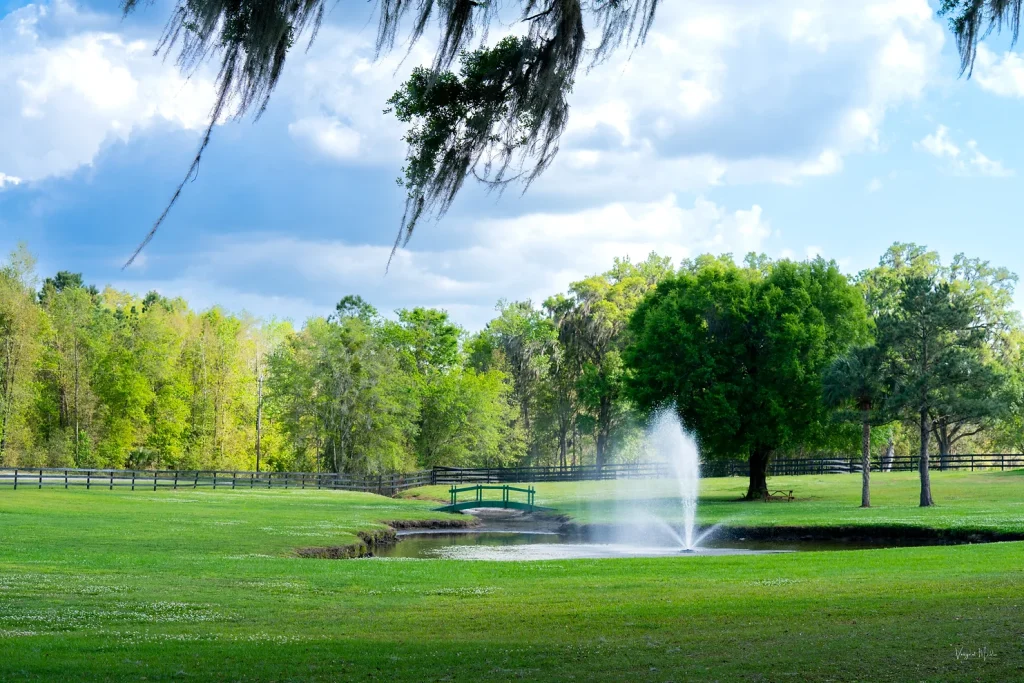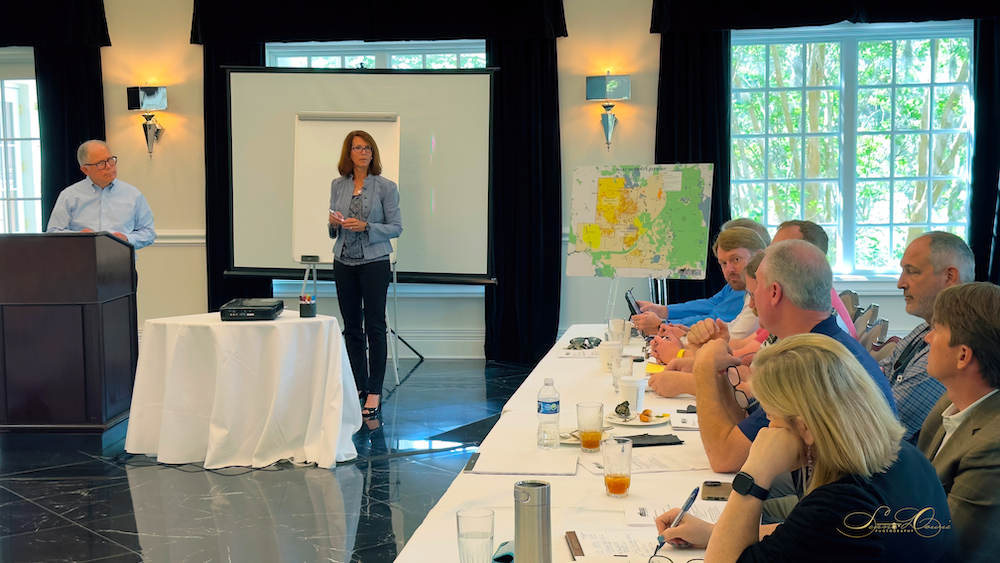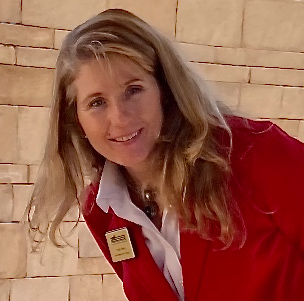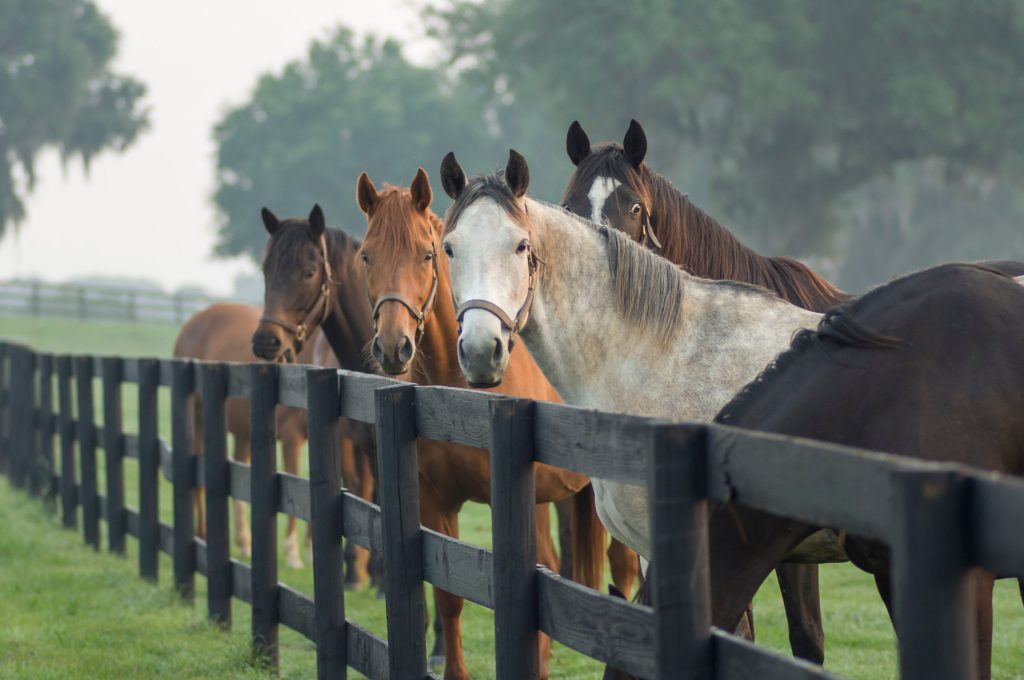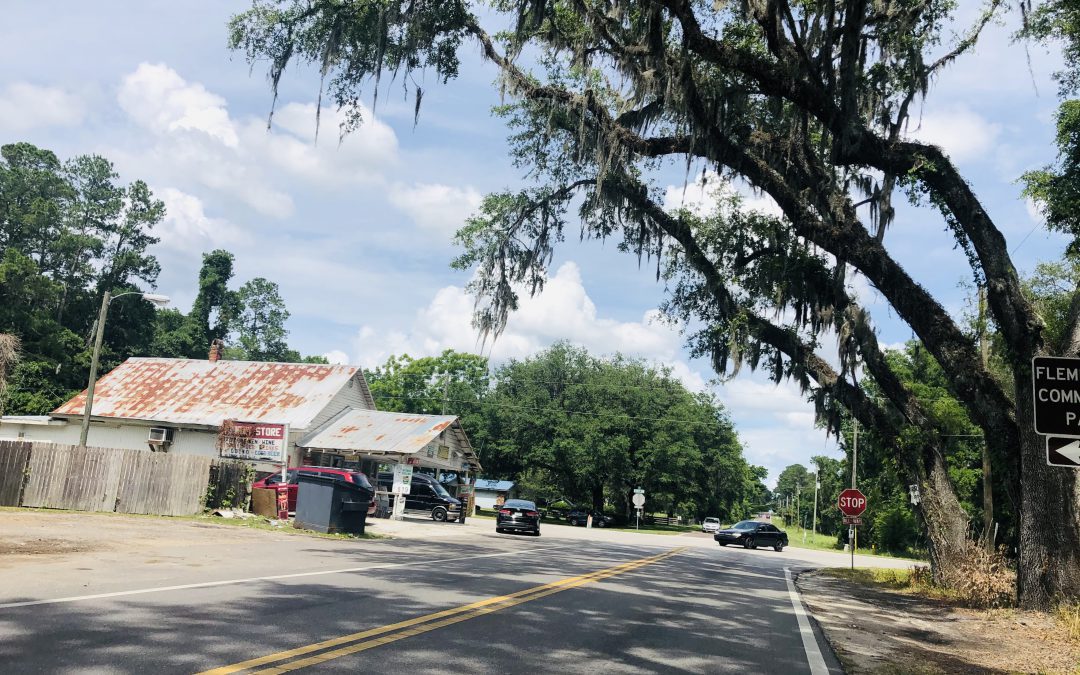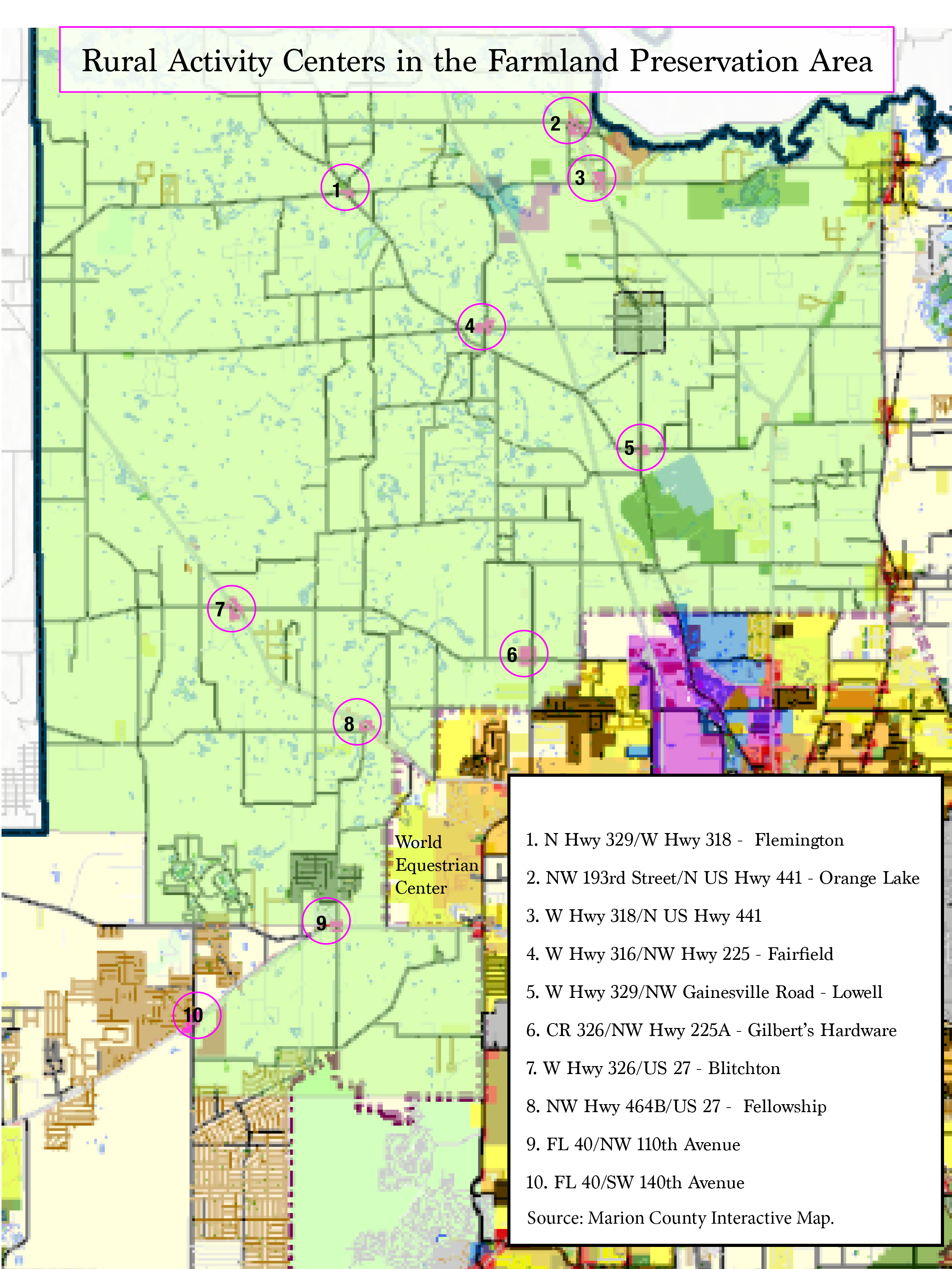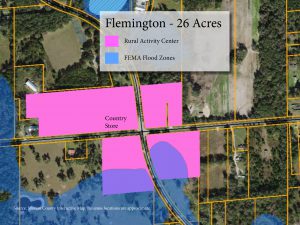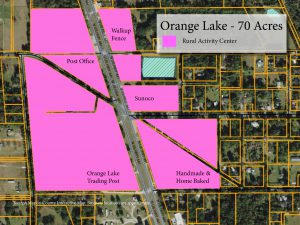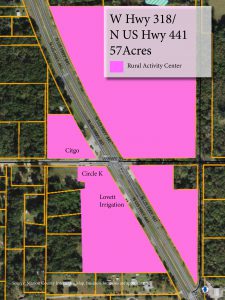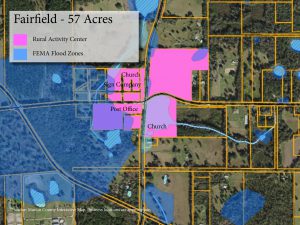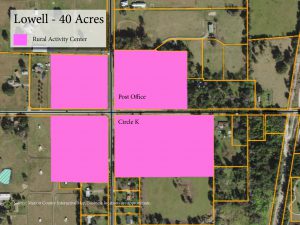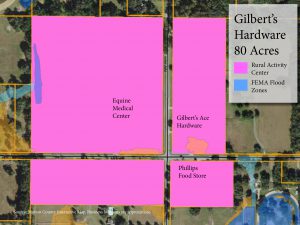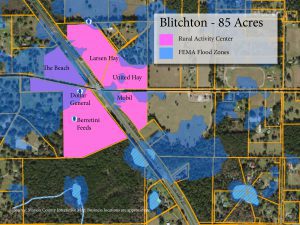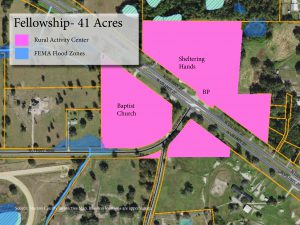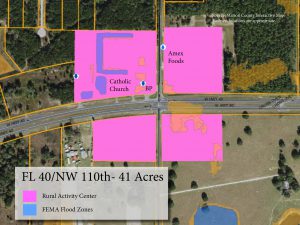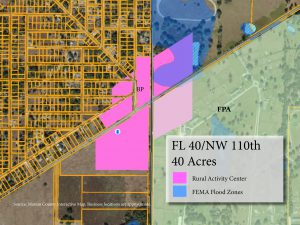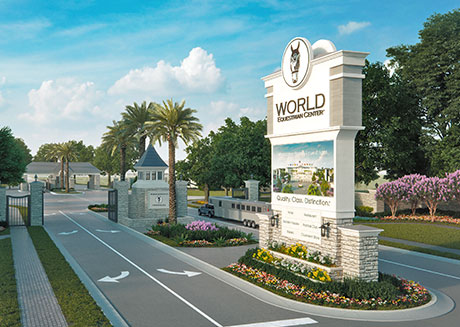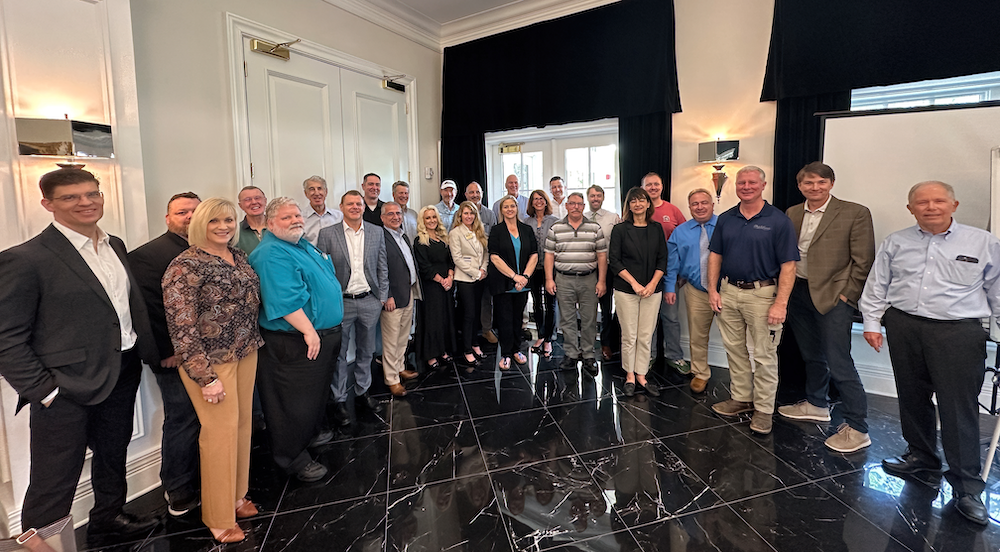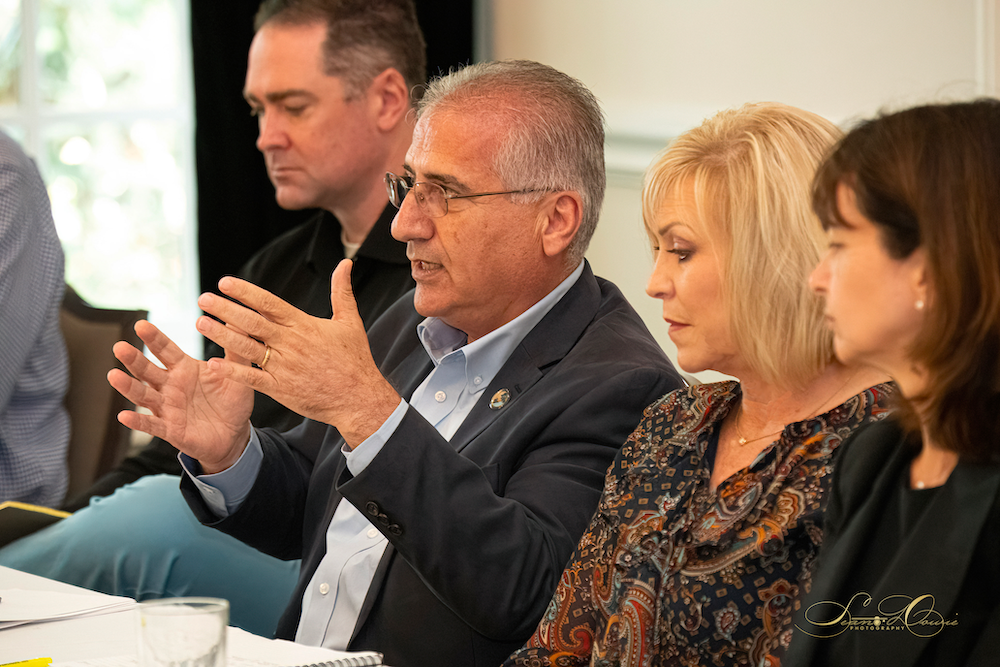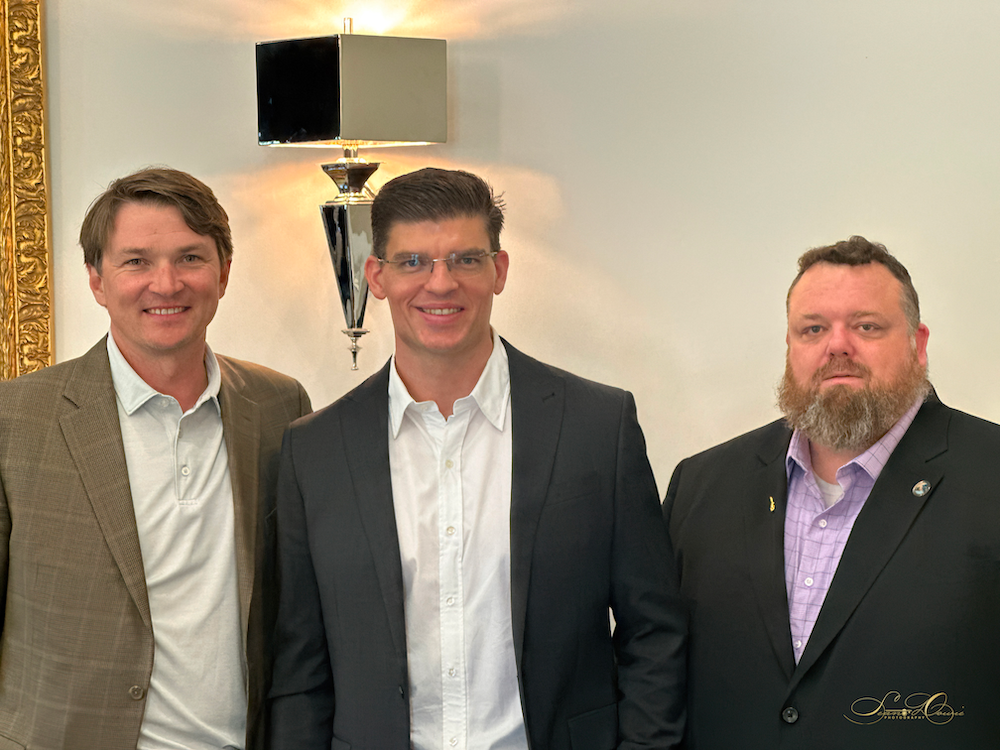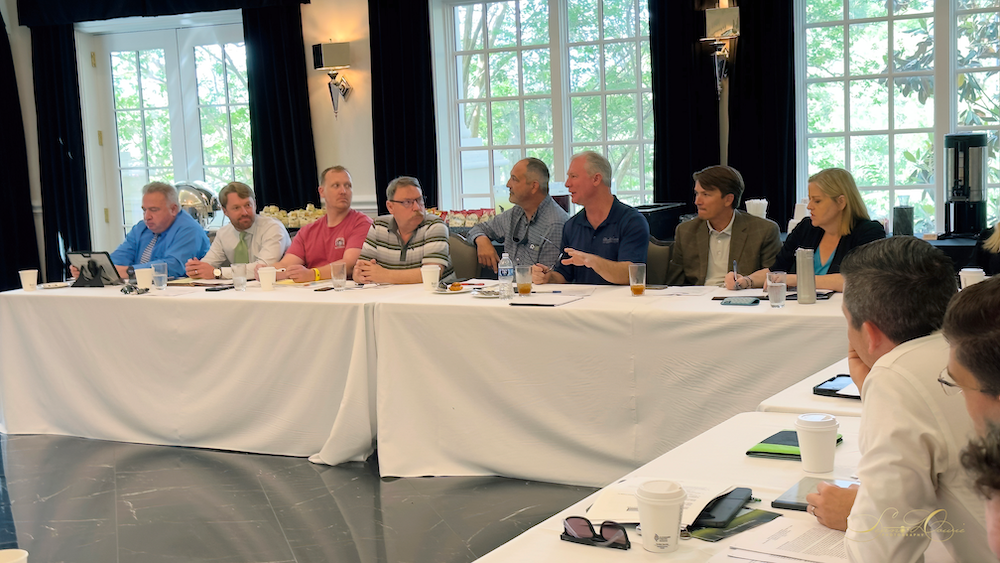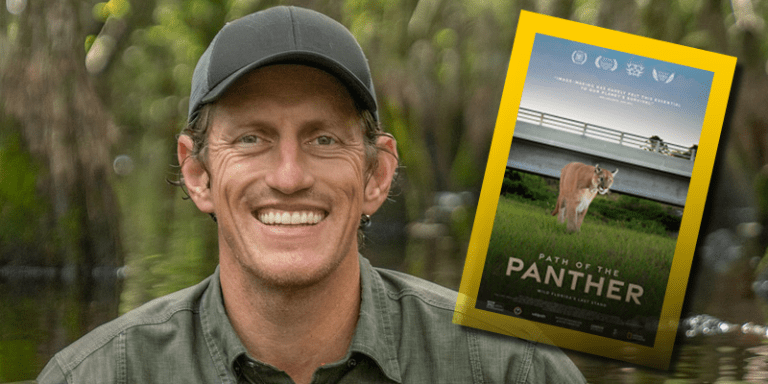
Carlton Ward, Jr to be Keynote Speaker at Horse Farms Forever’s Conservation Summit
Ocala, FL – August 25, 2023 – Horse Farms Forever, Inc.® is pleased to announce that Carlton Ward, Jr, a National Geographic Explorer and photographer, will be the Keynote Speaker at the Fourth Annual Conservation Summit to be held on Thursday, November 16 at the Ocala Breeders’ Sales Company.
Join us for a Conversation about Conservation as Carlton shares the story about photographing the first female Florida panther documented north of the Caloosahatchee River since 1973. Carlton’s quest to photograph the elusive and endangered Florida Panther was documented in the “Path of the Panther,” an award-winning documentary film produced by Leonardo DiCaprio.
Carlton’s photograph of Babs, as the panther is affectionately named, shows that the range of the Florida panther has expanded north from the Everglades. This expansion is the key to the panther’s recovery, but their long-term survival depends on protecting land within the Florida Wildlife Corridor.
“If we can show the world who that panther is, that’s going to be the spark to save this whole corridor,” said Carlton in the Path of the Panther film preview.
The Path of the Panther film has already made an impact by inspiring the passage of the Florida Wildlife Corridor Act in 2021, which helped secure over $800 million in state funding for land conservation. Since the Act was passed in 2021, nearly 120,000 acres of land have been approved for conservation.
“I want everyone who sees the film to have tremendous pride in the state of Florida and know about the Florida Wildlife Corridor and the importance of it for the state’s future,” said Carlton “That’s why our team spent so many years focusing on the Florida panther. It’s a symbol of the need for protecting the corridor.”
The Florida Wildlife Corridor is an existing, nearly contiguous network of land that stretches from the Panhandle to the Florida Keys over about 18 million acres. Nearly 10 million acres has been conserved as public lands and as private lands that are protected with a conservation easement, but about half of the corridor is at risk of being developed.
About 40% of Marion County is included as part of the Florida Wildlife Corridor. The Ocala National Forest at over 430,000 acres in Marion County, is one of the largest pieces of the Florida Wildlife Corridor puzzle. The goal is to connect additional conservation lands such as the Marjorie Harris Carr Cross Florida Greenway and Silver Springs State Park by protecting private land with conservation easements. A portion of the Farmland Preservation Area in northwest Marion County is also part of the Florida Wildlife Corridor.
Two of the key partner organizations working to protect the Florida Wildlife Corridor will also be speaking at the 2023 Conservation Summit. Mallory Lykes Dimmitt is the CEO of the Florida Wildlife Corridor Foundation, which champions a collaborative campaign to connect, protect, and restore the Florida Wildlife Corridor. Traci Deen is the President and CEO of Conservation Florida, a statewide land conservancy focused on protecting natural and agricultural landscapes with a primary focus on saving land within the Florida Wildlife Corridor.
By conserving private ranches and farms as part of the Florida Wildlife Corridor, this also allows agriculture operations to continue to contribute to the economy and to the production of food, timber, and other resources vital to the prosperity of Florida.
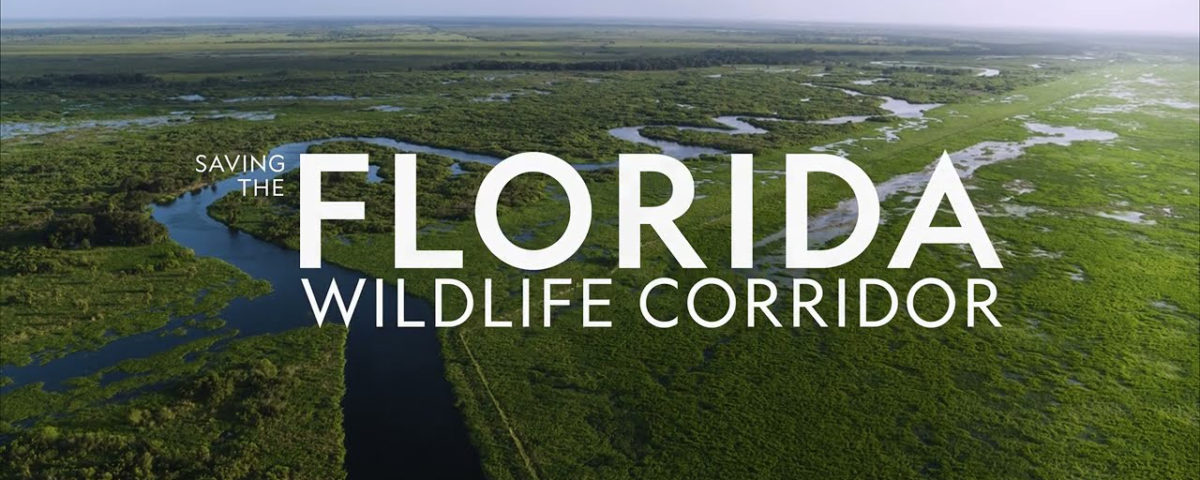
The Florida Wildlife Corridor
The Florida Wildlife Corridor is a statewide network of over 18 million acres that supports wildlife, people, and communities. It runs from the panhandle all the way to the tip of the peninsula. The Florida Wildlife Corridor already exists. The goal is to ensure continued connection between public land and green spaces across the state through private and public land conservation.
Path of the Panther
The Path of the Panther tells the story of how a group of photographers, veterinarians, ranchers, conservationists, and indigenous people joined forces to track and protect the endangered Florida panther. In this moving documentary, stunning images of the big cats spur the movement to restore a majestic keystone species as well as a dwindling wilderness.
The Florida Panther
The Florida panther is more than just an icon for Florida’s last wild places. It is a conservation keystone. The panther is an umbrella species with the largest terrestrial home range in the state, protecting dozens of other species in its domain. Reaching near extinction in the 1950’s, the Florida panther was among the first to be added to the U.S. Endangered Species list in 1973.
Protecting land for the panther is important for people and communities too because connected habitat helps provide clean air and drinking water, as well as other benefits like pollination of food crops and flood mitigation from heavy rains or hurricanes. The panther population has rebounded from about 30 adults to nearly 200 today. But the species faces a multitude of new challenges.
Florida Wildlife Corridor Foundation
